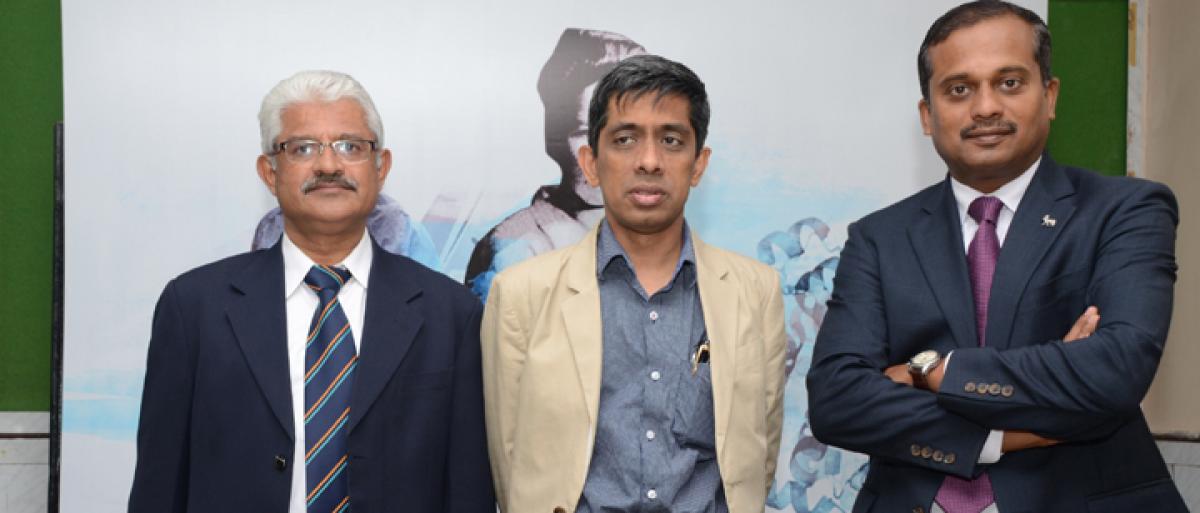Live
- Ragging Scandal at Khammam Medical College: Professor Faces Action for Shaving Student’s Head
- More Waqf notices issued during BJP's tenure: Karnataka HM on statewide stir plans
- More Waqf notices issued during BJP's tenure: K'taka HM on statewide stir plans
- Rohit Sharma Spotted with Team as India Wins First Test of Border-Gavaskar Trophy
- Post-poll violence breaks out in Jharkhand after announcement of results
- Abhishek Bachchan's Marriage Rumors, Vivek Oberoi's Luxury Car, and BLACKPINK's Solo Success – Here's What's Trending!
- Party will decide if I need to continue or move out, says BJP's Kerala chief Surendran
- Coronation of Nathdwara MLA Vishvaraj Singh as Mewar's 77th successor starts amid question mark over palace visit
- WhatsApp Outage: Global Users Face Issues with Messaging App on Web
- Post-poll violence breaks out in Jharkhand after announcement of results









